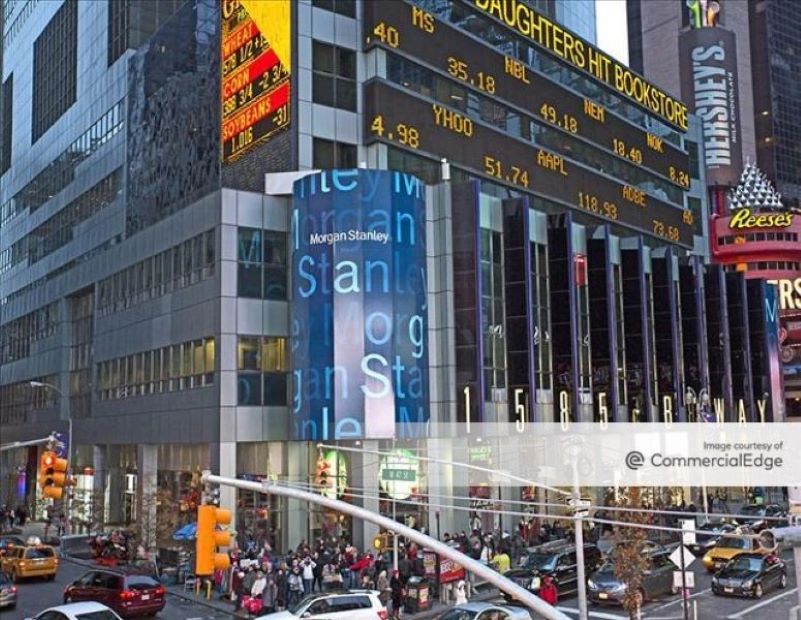After the Closing Bell-Monday, Sept. 29
Bailout? The U.S. House of Representatives said, We don’t need no stinkin’ bailout. Just barely. Some Democrats and fewer Republicans voted aye; some Republicans and fewer Democrats voted nay. In the end, it was 228 against, 205 for. Predictably, the stock market tanked on word of the congressional cold shoulder. The Dow Jones Industrial Average…
Bailout? The U.S. House of Representatives said, We don’t need no stinkin’ bailout. Just barely. Some Democrats and fewer Republicans voted aye; some Republicans and fewer Democrats voted nay. In the end, it was 228 against, 205 for. Predictably, the stock market tanked on word of the congressional cold shoulder. The Dow Jones Industrial Average ended down 777.68 points, or about 7 percent for the day. According to Bloomberg, about $1.1 trillion in market value–phantom wealth, that is–vanished. The Dow is now down 21.86 percent year-to-date. The tech-based Nasdaq took it on the chin as well, down 199 points, or 9 percent, the worst day ever for the index. But who says you can’t throw money at a problem? The Federal Reserve and other central banks moved to pump billions more dollars into banks in the U.S. and other countries. The idea is to increase the amount of quick cash available to banks so that they’ll start doing what banks are supposed to be doing, namely lending money. In this country, the amount of cash loans available to banks–both of the 84-day and 28-day variety–will double from $150 billion to $300 billion. Also, the Fed made an additional $330 billion available to other central banks through currency swaps. Previously $290 billion in currency swaps had been available. The other central banks involved include the Bank of Canada, the Bank of England, the Bank of Japan, the European Central Bank, the Swiss National Bank, and the central banks of Australia, Denmark, Norway and Sweden. Which goes to show that when “this sucker” (that is, the U.S. economy) goes down, the rest of the world will too, and nobody wants that. Meanwhile, Fannie Mae and Freddie Mac have been served federal grand jury subpoenas regarding accounting, disclosure and corporate governance matters going back to January 2007. Currently the two quasi-public companies are under conservatorship, with the U.S. Treasury having agreed to invest as much as $200 billion to keep them going–which doesn’t seem like that much anymore, does it? Meanwhile, the sale of Wachovia to Citigroup is now done. The help pay for it, Citigroup will sell stock and cut its dividend. The deal gives Citigroup a whopping 9.8 percent U.S. market share in terms of deposits. Bain Capital L.L.C. and Hellman & Friedman L.L.C. will buy most of Lehman Brothers Holdings Inc.’s asset management unit in a deal that values the business at $2.15 billion, according to Bloomberg. The main prize was Neuberger Berman, which Forbes said was “picked up… on the cheap.” And who’s next in the great bank failure derby? Could it be National City, whose shares are down 91.7 percent since the beginning of this year? The bank says no, we’re OK. Not as much toxicity on our books as those other guys (Wachovia, WaMu). Still, investors are probably a mite worried. Or perhaps it will be Sovereign Bancorp Inc., whose shares fell 68.3 percent just today.






